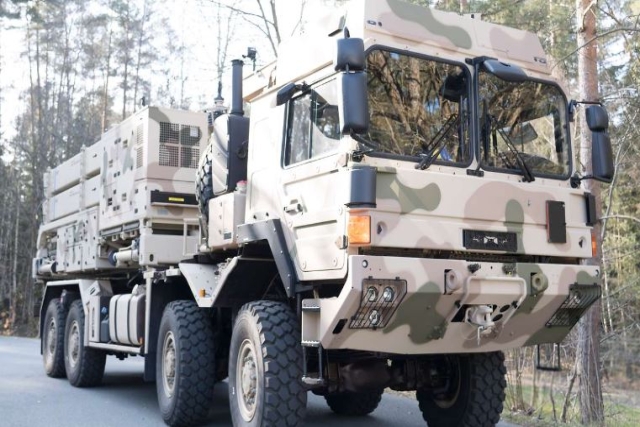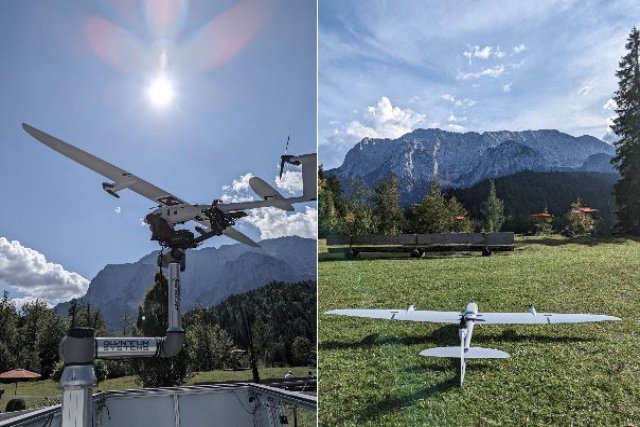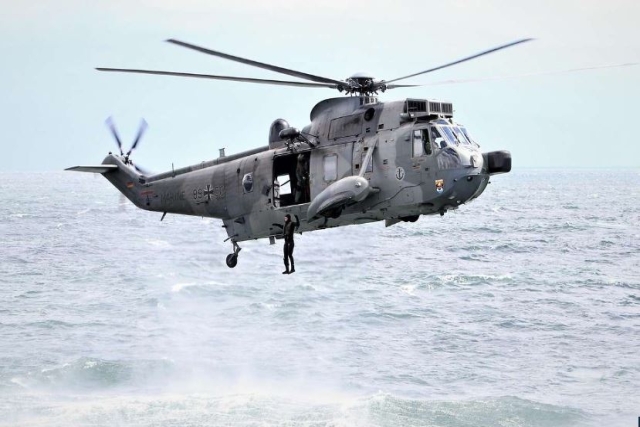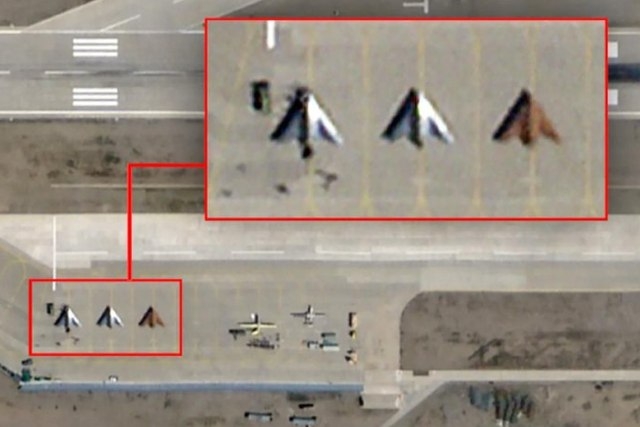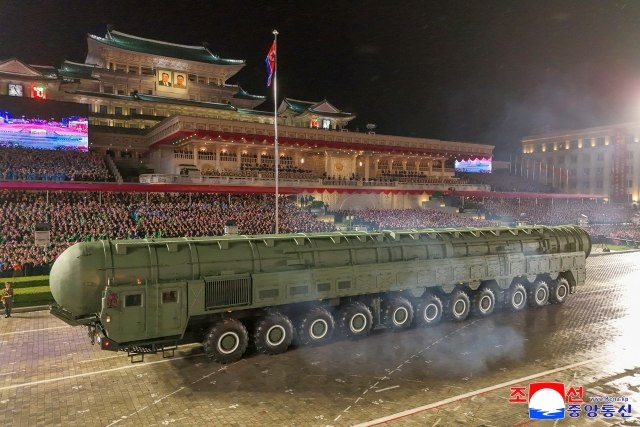Turkish, Chinese Companies Aid Russia in Replenishing Ammunition Stocks Amid EU Sanctions
EU banned shipments of nitrocellulose to Russia in April 2022 as part of sanctions in response to the invasion of Ukraine.
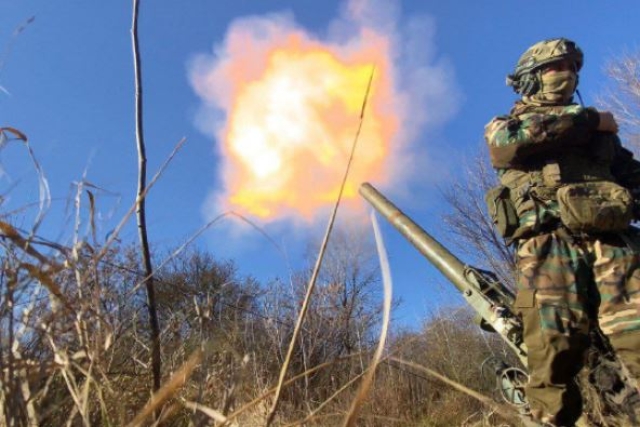
Russia, facing an ammunition shortage exacerbated by EU sanctions, has managed to significantly increase its supply of a crucial gunpowder component, nitrocellulose, with substantial contributions from Turkish and Chinese companies.
The Moscow Times’ Russian service reported on this on Wednesday, citing customs data.
In April 2022, the European Union imposed sanctions prohibiting shipments of nitrocellulose, a highly flammable compound crucial for modern gunpowder, to Russia in response to its invasion of Ukraine. Despite this restriction, Russian imports of nitrocellulose surged by over five times in 2022, reaching over 2,000 metric tons. By 2023, this figure had risen to around 4,000 metric tons.
Russia, having depleted its ammunition stocks during the past two years of conflict, sought alternative sources for the essential compound. North Korea reportedly supplied over a million artillery shells, and Turkish and Chinese companies played a pivotal role in meeting the escalating demand.
Turkish companies emerged as the primary contributors, accounting for nearly half of Russia's nitrocellulose imports since the war's onset, surpassing 1,800 metric tons in 2023. Chinese companies followed closely, providing about one-third of the supplies.
Investigations by The Moscow Times’ Russian service revealed that two Turkish and one Chinese company facilitated 78 supply deals in 2023 with Russian buyers, several of whom have faced sanctions from Kyiv due to their connections with Russia's defense industry.
It is suggested that Turkish companies might have been involved in reselling nitrocellulose produced within the EU. UN trade data indicates that Turkey imports almost 70% of the compound from Germany, the Czech Republic, Italy, and Spain. Consequently, the re-imported compound is considerably pricier, with nitrocellulose prices soaring from $2.9 per kilogram in 2021 to over $4 per kilogram in the past year.
The collective efforts of Chinese and Turkish companies, combined with shipments of cotton pulp – a crucial raw material for nitrocellulose – from Kazakhstan and Uzbekistan, likely contributed to Russia's production of approximately 700,000 artillery shells in 2023.
Experts speculate that China could surpass Turkey as Russia's primary nitrocellulose supplier this year, primarily due to the looming threat of secondary sanctions from the United States against Ankara unless it restricts the export of dual-use goods.
